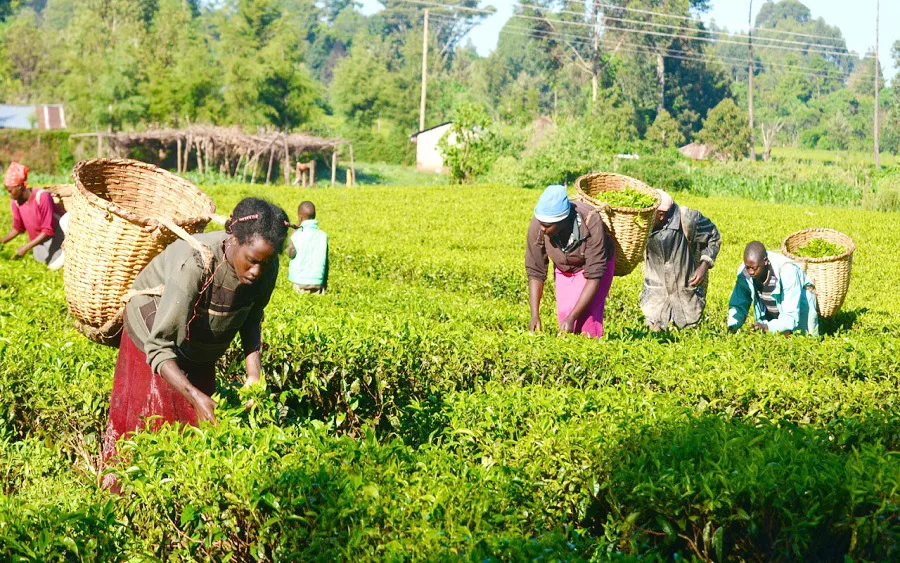That colonial Nigeria was a net exporter of food, and post-colonial Nigeria has degenerated into a perennial net importer of food leaves much to be desired about the country’s agriculture policy.
Without a doubt, the country’s oil boom engendered the shift from a successful agrarian economy to an oil-dependent one. Just in the fourth quarter of 2020, the gap between Nigeria’s imports and export widened by N477 billion.
Nigeria’s neglect of the agricultural sector aggravated problematic food shortages. The country had on a yearly basis produced enough food to meet domestic needs during its colonial period and in the decade following independence. However, it experienced food shortages in the 1970s and 1980s, which necessitated the importation of food from abroad. Hence, Nigeria’s hitherto top rank bountiful harvest of certain crops was lost to other nations and subsequently imported same.
Among such imports was palm oil from Malaysia, of which Nigeria had been the world’s largest producer and exporter. Also, Nigerian-produced brown rice, which is deemed to be more nutritious than white rice from the United States, gradually dwindled in production.
Once Africa’s largest poultry producer, Nigeria lost that status because of inefficient corn production and a ban on the importation of that crop. Furthermore, Nigeria, over the years fell in global ranking in the production of cocoa, peanuts, and rubber. Production of other industrial crops has also declined, owing to the general stagnation in agriculture.
Poor agriculture policy also speaks loudly about the fact that agriculture employs 72 per cent of the population. And almost half the nation’s population makes a living from agricultural production. Yet, the country is a net importer of food. Most are small-scale subsistence farmers who produce only a little surplus for sale and who derive additional income from one or more cash crops.
Despite the country’s abundant arable land, the agrarian sector is not yet developed to the level of producing enough to feed its population. Mechanised farming continues to be a dream. Hence, hoes and machetes continue to be the dominant farm implements.
The shortage of farmland in some localities and limited access to land in others are among the factors that restrict the size of farmland cultivated per family. Environmental deterioration, inferior storage facilities, a poor transport system, and a lack of investment capital contribute to low productivity and general stagnation in agriculture.
Other constraints on food production include the use of antiquated technology due to a lack of capital, the low status given to agriculture in the education of the youth, inefficient marketing, an inadequate transportation infrastructure, trade restrictions, under-investment due to unavailability of credit, low prices and unstable pricing policies which result in farmers literally subsidizing urban dwellers and other sectors of the economy.
In addition to these handicaps, land tenure discourages long-term investment in technology and modern production techniques, and import constraints limit the availability of many agricultural and food-processing plants.
President Muhammadu Buhari, has given appreciable attention to the agriculture sector. However, we believe that any effort at revamping the sector has to be concerted and policy-driven. The onus, therefore, rests on the incoming administration of Bola Tinubu.
While applauding the current administration’s effort at getting Nigeria back on its proper food production footing, there is the need for any action on agriculture to be a concerted one that is policy-driven, considering the fact that Nigeria is currently faced with the possibility of acute food shortage as a consequence of the nationwide flood that has swept away agricultural assets.





